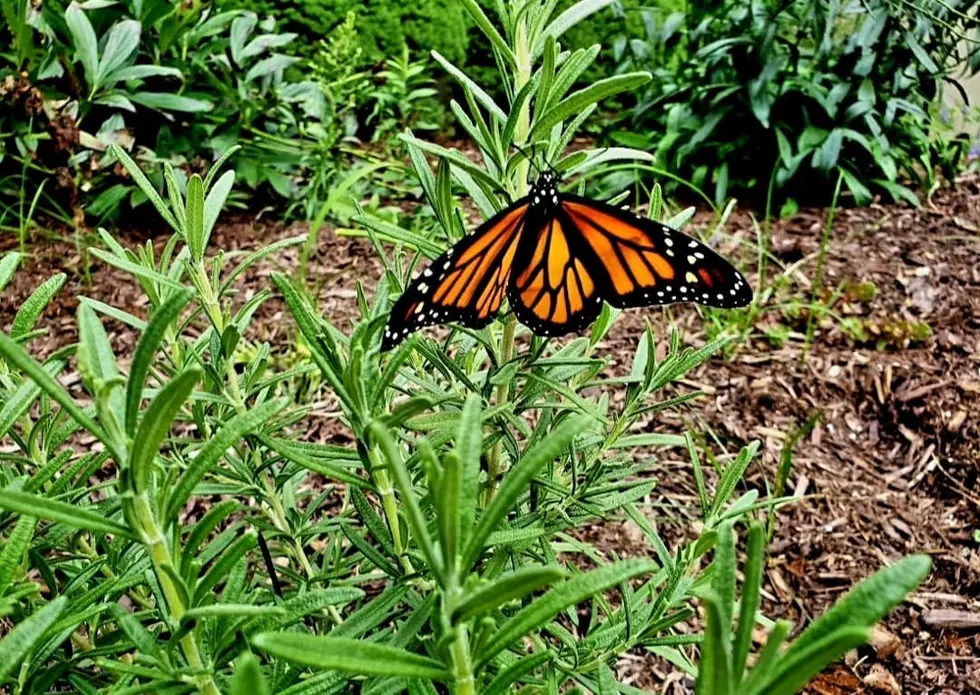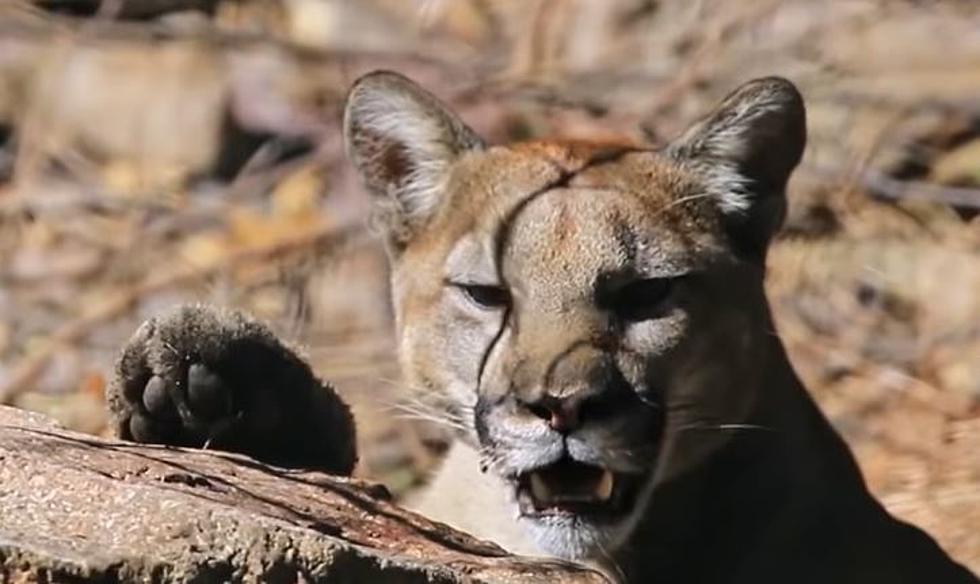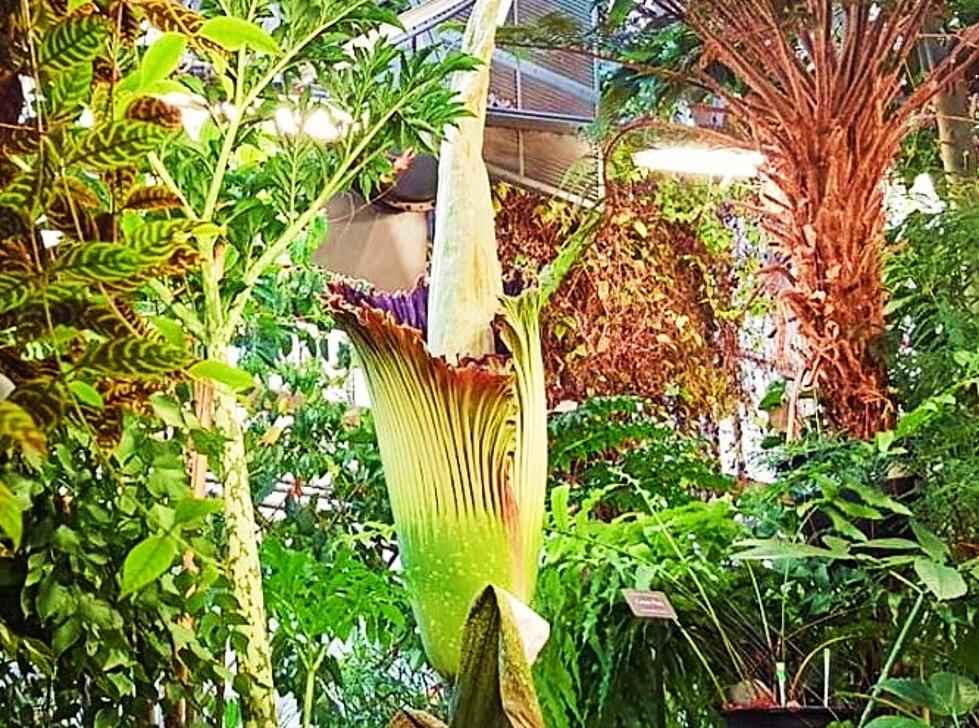
How New Yorkers Can Help Save the Endangered Monarch Butterfly
I counted five beautiful orange and black creatures flying around my yard on Saturday morning as I sat on my deck sipping my morning coffee and I was filled with overwhelming sadness in knowing that unless something drastic happens, my grandchildren might never be able to enjoy such a lovely part of nature.

While the monarch butterfly is not extinct, its population is alarmingly low, so much so that on Thursday, July 21, 2022, the International Union for the Conservation of Nature added the butterfly to its threatened species list and categorized it as “endangered,” which is only two short steps from being fully extinct.
Nick Haddad is a conservation biologist at Michigan State University who studies monarch butterflies and he told AP News that he believes the monarch butterfly population to have declined somewhere between 85 percent and 95 percent since the 1990s. Save Our Monarchs echos the estimate of Haddas, saying it believes the population has been reduced by 90 percent since 1992.
Researchers say that climate change and loss of habitat are major factors in the beloved insect’s population decline however, they say that through help from the general public, there is a decent chance of preventing the species from going extinct.
The only plant that the monarch butterfly can eat is milkweed and when milkweed is destroyed, the troubles begin for the monarch butterfly. You see, these beautiful creatures, upon leaving the area in which they stay during winter, travel from Texas to as far north as Canada, leaving their eggs on milkweed. No milkweek means to food source and no place to lay eggs. Save Our Monarchs claims that the amount of milkweed has been reduced by 90 percent in the last 20 years.
Scientists say the best way the general public can help prevent the monarch butterfly from becoimming fully extinct is to plant milkweed native to their region and if you already have milkweek, do not remove it and do not speay it with insecticides. Additionally, once the monarch butterfly completes its transition process, it needs nectar, so you might consider planting flowers native to your area that will bloom when monarch butterflies are around.
Save Our Monarchs is a not-for-profit organization and is distributing milkweed seeds and also has a special school fundraiser program designed to not only help educate our children about the importance of saving the monarch butterfly but also to help with the distribution of milkweed seeds to our community.
Five Exotic Pets That You Can Own in Upstate New York
How To Help Abandoned Baby Wildlife Found On Your Property
More From KISS 104.1




![This Binghamton ‘Oasis in the Woods’ Airbnb Is a Nature Lover’s Dream Come True [GALLERY]](http://townsquare.media/site/498/files/2021/10/attachment-10e9450a-a1cd-4505-ba0c-02e307217142.jpg?w=980&q=75)




